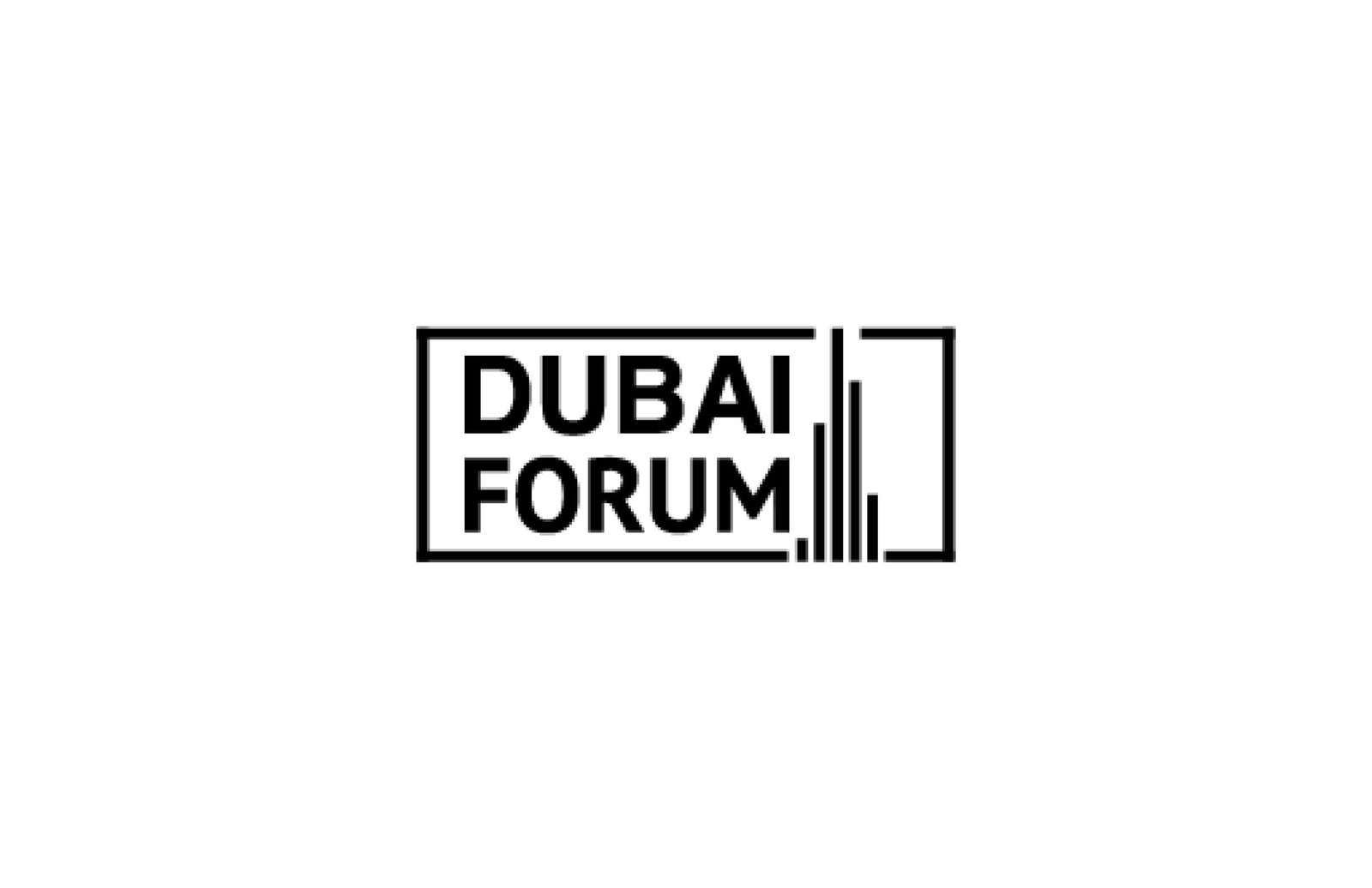Examining the Future of Gulf Cooperation: Economic Diversification and Regional Stability
The Gulf Cooperation Council (GCC) region is undergoing a transformative era characterized by ambitious economic diversification strategies and a strategic pivot towards sustainable development. Amidst the backdrop of fluctuating oil prices and shifting global economic dynamics, member states—comprising Bahrain, Kuwait, Oman, Qatar, Saudi Arabia, and the UAE—are striving to reduce their reliance on hydrocarbons and foster innovative sectors that bolster their economies.
Economic diversification has become a paramount objective within both individual states and the collective GCC framework. Qatar, for instance, has successfully positioned itself as a hub for natural gas exports, yet it is now channeling significant investment into technology, education, and tourism. This strategic pivot not only augments its economic resilience but also enhances its profile on the international stage.
Likewise, Saudi Arabia’s Vision 2030 initiative marks a pivotal chapter in its economic evolution. This comprehensive plan aims to diversify the kingdom’s economic foundations, reduce dependency on oil, and attract foreign investment. Key sectors such as tourism, entertainment, and renewable energy are being prioritized, drawing the interest of international investors keen on capitalizing on the transformation.
Similarly, the UAE, particularly through Dubai and Abu Dhabi, has emerged as a beacon of innovation and entrepreneurship, engaging in vast infrastructure projects and smart city initiatives. The “Dubai 2040 Urban Master Plan” illustrates a commitment to design a sustainable and resilient urban landscape, one that embraces technological advancement while also addressing social and environmental considerations.
While the region has made strides towards robust diversification, challenges persist that could hinder these ambitions. Political tensions—often linked to regional rivalries and sectarian divides—present a complex landscape that can disrupt trade and investment flows. The recent rapprochement between Saudi Arabia and Iran highlights both the potential for regional stability and the fragility layered within diplomatic engagements.
Furthermore, the COVID-19 pandemic has exposed vulnerabilities within the GCC economies, prompting leaders to expedite diversification efforts. The economic shock provoked by global lockdowns necessitated swift policy responses aimed at stimulating growth and ensuring resilience. However, as markets begin to stabilize, the focus must shift from short-term recovery strategies to long-term sustainability.
Environmental sustainability is increasingly becoming a central theme in the GCC’s economic discourse. Member states are embracing green technologies and renewable energy solutions, spurred by international climate agreements and a pressing need to address domestic environmental challenges. Saudi Arabia and the UAE, for example, have made significant investments in solar energy and other renewable initiatives, aiming to lead the region in combating climate change.
In terms of education and workforce development, nations within the GCC recognize the necessity of equipping their populations with the skills needed to thrive in a diversifying economy. Initiatives focused on enhancing vocational training and emphasizing STEM (Science, Technology, Engineering, and Mathematics) education are pivotal in preparing the next generation for emerging job markets. Through partnerships with international educational institutions and the establishment of technology incubators, the GCC aims to cultivate a culture of innovation and entrepreneurship.
As the GCC seeks to forge a new narrative in the global economic sphere, it also remains crucial to foster an environment conducive to foreign investment. Regulatory reforms that enhance business transparency and protect investors’ rights will be indispensable in attracting capital. Engaging the private sector in public-private partnerships is another avenue that member states are exploring to accelerate development projects and leverage expertise.
The trajectory of the GCC nations is one marked by a delicate balance of ambition, innovation, and adversity. As they redefine their identities in an evolving global landscape, the outcomes of their economic diversification efforts will greatly depend on their ability to mitigate risks, promote regional stability, and embrace sustainability.
In conclusion, the future of the Gulf Cooperation Council is intricately tied to its capacity to navigate the complexities of a rapidly changing world. By prioritizing economic diversification and sustainability, the region can aspire not only to foster prosperity but also to emerge as a pivotal player in the global economy, one that champions both progress and stability.
Tags: #EconomyNews #BusinessNews #GulfCooperationCouncil #Saudi #UAE

